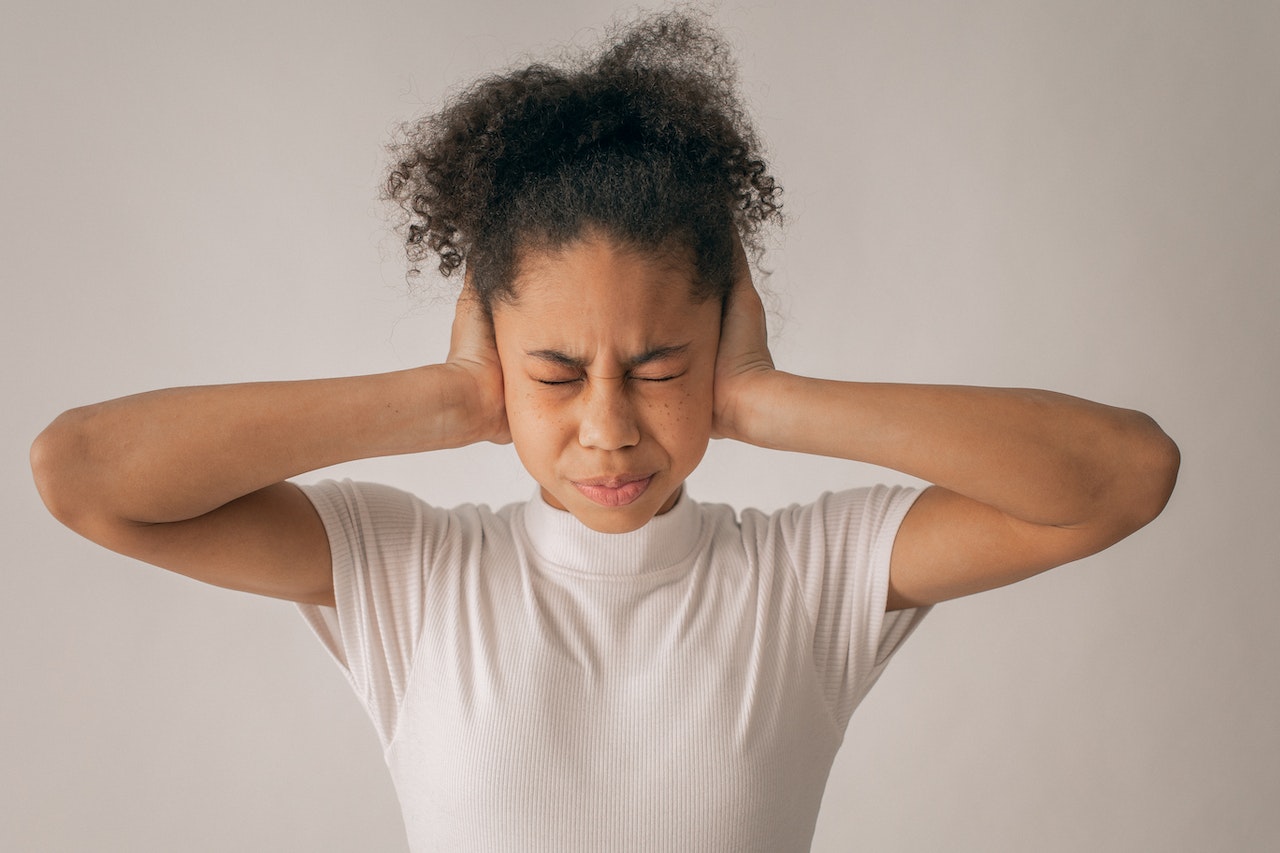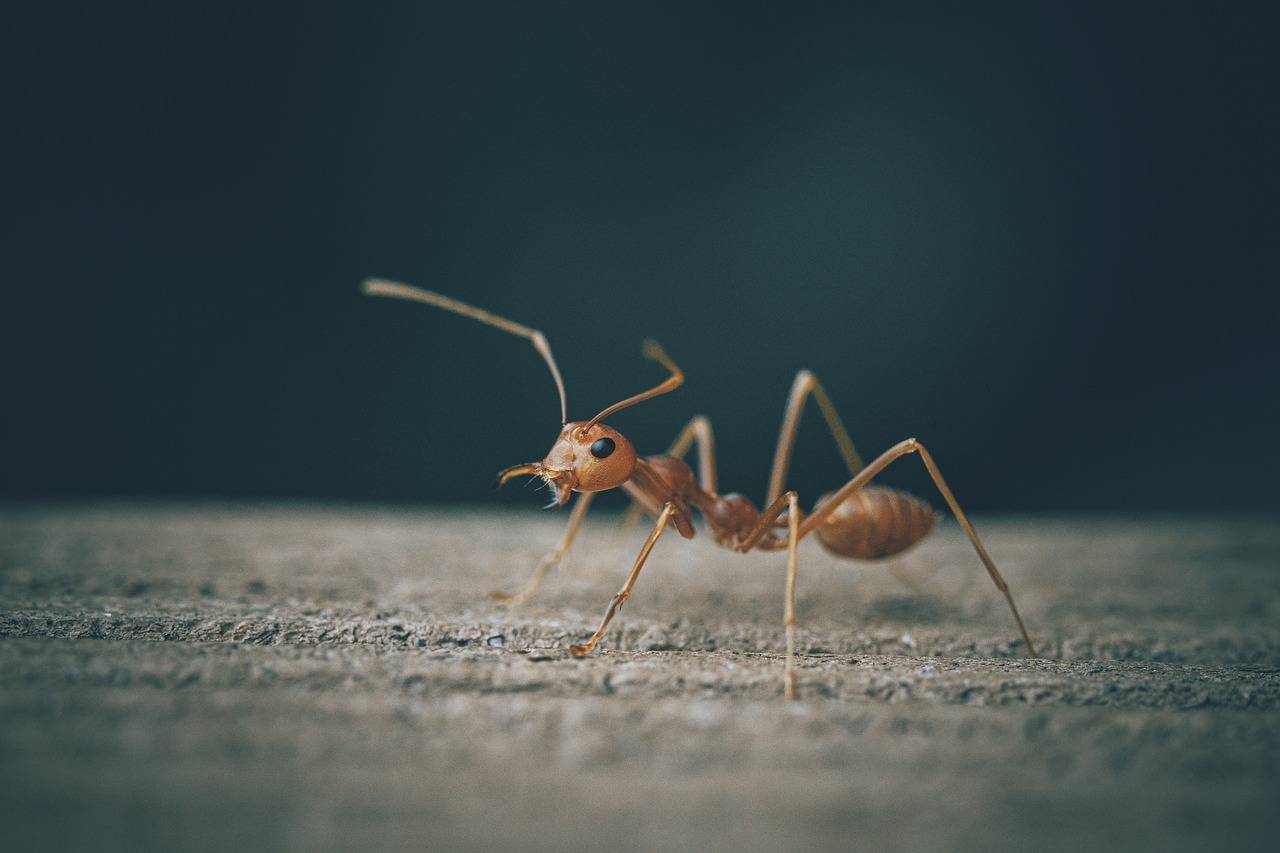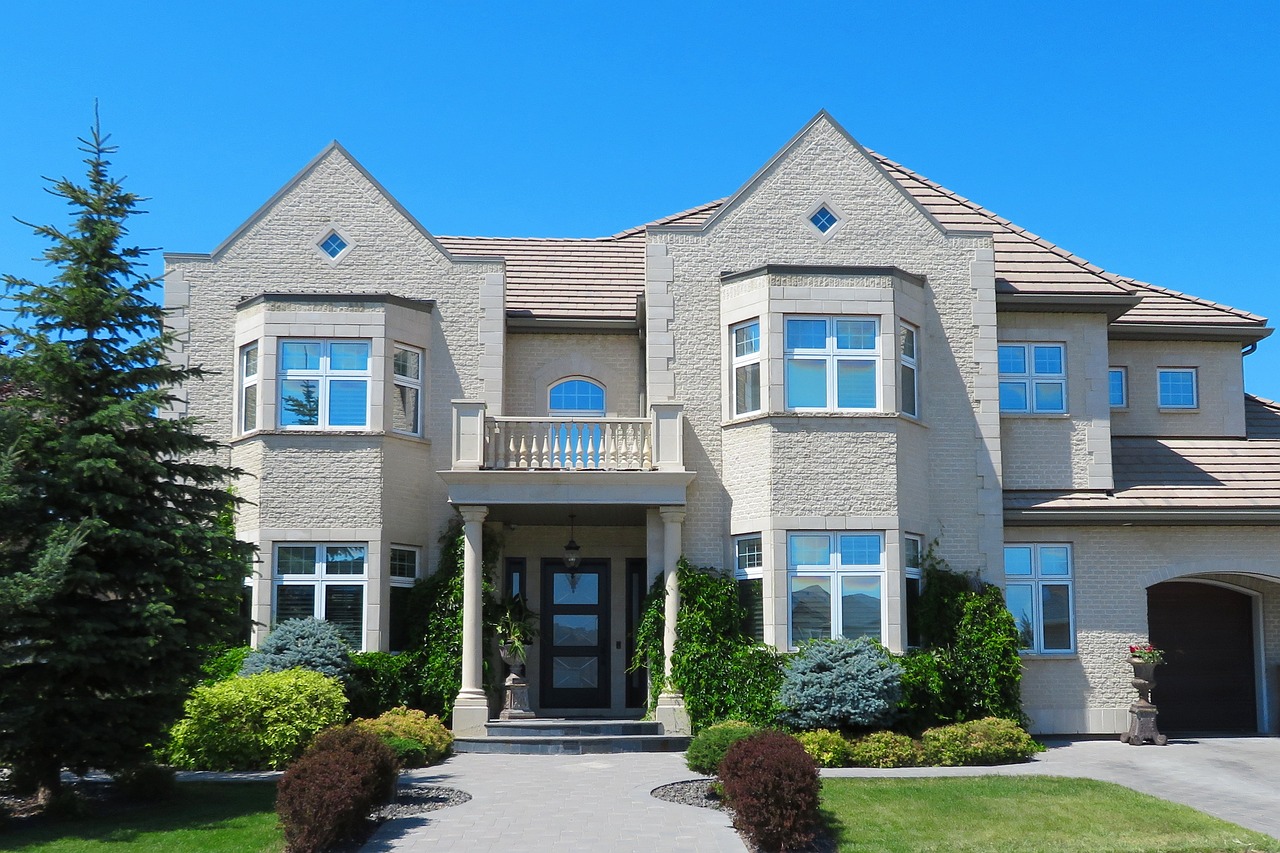Let’s face it: the outside world is loud. There’s the honking of car horns, the buzz of construction, the incessant chirping of that one bird that never seems to shut up. But when we retreat to our sacred living spaces, what do we get? More noise! Whether it’s your neighbor’s obsession with heavy metal or your washing machine that sounds like it’s preparing for takeoff, it’s about time we brought some quiet back into our lives.
Fear not, fellow seekers of solace! Here are some hilariously genuine ways to keep the noise out. (Yes, you read that right — genuine advice with a funny twist, because who said important information had to be boring?)
1. Invest in Soundproofing: Because Egg Cartons Only Do So Much
We’ve all seen those movies where the musician sticks egg cartons to the walls, thinking it’ll give them studio-level soundproofing. News flash: unless you’re crafting a budget-friendly art project, egg cartons aren’t going to do diddly squat. What you really need is some professional-grade soundproofing materials. Thick curtains, wall panels, and even weatherstripping can do wonders. So, while your bank account might not thank you immediately, your ears certainly will!
2. Get Thick Rugs and Carpets: Because Your Floor Deserves a Blanket Too
Floors are notorious for transmitting noise, especially if you have hardwood or tile. So why not give your floor a cozy blanket in the form of a thick rug? Not only will it add a stylish touch to your decor, but it will also absorb sound. Just imagine: no more hearing your downstairs neighbor’s every footstep or their questionable taste in late-night TV shows.
3. Plant Some Green: Because Trees Are Nature’s Mufflers
Did you know plants can reduce noise? I mean, they’re not just there for that sweet Instagram aesthetic. Trees, shrubs, and other leafy buddies act as natural barriers to outdoor noise. So, while planting a thick forest in your backyard might be a tad extreme, a few strategically placed plants could make a world of difference. Plus, they also give you fresh air, so it’s a win-win.
4. Embrace White Noise: Because Sometimes More Noise is the Answer
It sounds counterintuitive, but stick with me here. Introducing a consistent sound, like the hum of a fan or a white noise machine, can actually mask other, more distracting noises. It’s like when you listen to people munching popcorn in a silent cinema — annoying, right? But during an action-packed scene, you barely notice. So, let that fan be your action scene, drowning out the sporadic and irritating background noises.
5. Fix Those Leaks: And I’m Not Talking About Your Faucet
Okay, so this might require a little detective work. Walk around your home and find gaps in your doors, windows, and walls. These are prime spots for noise to sneak in. Seal them up with weatherstripping or caulk and show noise the door (or, rather, show it the door is closed).
6. Adopt the Ancient Art of Bookshelves: No, Not Just for Show
Remember those things called books? Not only are they a portal to other worlds, but they’re also surprisingly great at absorbing sound. Filling up a room with bookshelves — and, of course, books — can help muffle external noises. Plus, it’s a fabulous excuse to buy more books. “Sorry, I needed to soundproof” is now a valid reason to splurge on that bestseller!
7. Build a Wall… of Furniture: Trumping Noise the Decorative Way
No, I’m not talking bricks and mortar. Strategically positioning furniture like wardrobes, couches, and cabinets against walls that face noisy areas can help reduce the ruckus that makes its way into your living space. So, not only does your home look furnished, but it’s also a fortress against noise. Talk about functional decor!
8. Choose Quieter Appliances: Because No One Needs a Blender That Sounds Like a Helicopter
Next time you’re in the market for a new appliance, consider its noise level. Some modern appliances are designed to operate with less noise. So, while it might be fun to joke that your washing machine has ambitions to join a space program, it’s less fun when you’re trying to have a conversation or catch some Z’s.
9. Kindly Chat with Noisy Neighbors: Diplomacy Over Dueling
If the main source of your noise woes is coming from Bob next door who’s learning the drums at midnight, maybe it’s time for a chat. Approach the situation with understanding and a sense of humor. Who knows? Bob might even invite you over for a jam session. Just remember, it’s always better to build bridges than walls (unless we’re talking soundproofing, of course).
10. Create a Quiet Zone: AKA Your Personal Zen Den
If all else fails and the world just won’t quiet down, consider dedicating a room or a corner as your ‘quiet zone’. Fill it with plush pillows, cozy blankets, and perhaps some calming scents. Whenever things get too loud, simply retreat to your sanctuary and let the world fade away.
11. Soft Furnishings are Your BFF
Add soft furnishings wherever you can. Cushions, bean bags, and padded ottomans are not just comfortable to laze around on; they absorb sound brilliantly. Your living room might end up looking like an oversized pillow fort, but hey, it’s a small price to pay for tranquility.
12. DIY Door Sweeps
Slipping a door sweep or even a thick draft stopper under your doors can significantly cut down the noise that sneaks in from the hallway or other rooms. Plus, they’re handy for keeping out drafts in winter. Double win!
13. Rearrange Your Space
Sometimes, merely changing the layout of a room can influence the acoustics. If a particular area seems especially noisy, try moving your furniture around to see if it makes a difference. It’s like Feng Shui, but for your ears.
14. Double Up on Windows
If you’re in the position to remodel or make some significant changes, consider installing double-glazed windows. They’re not only great for insulation but are champions at reducing outside noise.
15. Use Background Music Strategically
Soft instrumental music or ambient sounds can mask unwanted noise. It might seem strange to combat noise with more noise, but the right kind of background sound can make all the difference.
16. Earplugs: The Last Resort
If the world refuses to cooperate, there’s no shame in resorting to a good pair of earplugs. Sometimes, the best solutions are the simplest.
17. Embrace Nature’s Playlist
If you can’t beat them, join them! Instead of resisting the noise, curate it. Set up bird feeders or water fountains in your yard or balcony. The chirping of birds or the sound of flowing water can be a delightful distraction from the cacophony of urban life.
In conclusion, battling noise pollution doesn’t have to be a somber endeavor. With a sprinkle of humor and some genuinely effective strategies, you can reclaim the peace and quiet in your home. After all, isn’t it about time we had a little less noise and a little more laughter? Cheers to silent nights and uproarious days!
Frequently Asked Questions (FAQ) about Reducing Noise Pollution in Your Home
Not necessarily! While professional soundproofing can be pricey, there are many budget-friendly options and DIY solutions available. Start small with things like thick curtains, draft stoppers, or even rearranging furniture, and then evaluate your needs.
While turning your home into a mini-jungle won’t make it soundproof, plants do provide a natural barrier to some external noises. Plus, they offer a plethora of other benefits like improved air quality and increased well-being. So, even if it’s a slight noise reduction, they’re worth the effort!
Absolutely! It’s all about approach. Be understanding, friendly, and choose a good time to discuss. Offering a compromise or explaining your situation can also help. Remember, communication is key.
White noise machines can be surprisingly effective. They produce a consistent sound, which can mask sporadic and jarring noises from the outside world. It’s like drowning out a single voice in a bustling coffee shop – the overall hum makes individual disturbances less noticeable.
Generally, yes! But it’s crucial to ensure they’re clean and to give your ears a break occasionally. If you find discomfort or any issues, consider switching brands or styles, and if problems persist, consult with a medical professional.
Many soundproofing methods, especially things like double-glazing or thick curtains, also provide excellent thermal insulation. It’s a two-for-one deal: quieter and cozier!
Definitely! From movable acoustic panels to temporary draft stoppers and rugs, many solutions won’t leave a mark or upset your landlord. When in doubt, always opt for reversible solutions.
Absolutely. Just like humans, excessive or loud noises can stress or agitate pets. If you’re taking steps to reduce noise for your own comfort, you’re likely doing your furry (or scaly or feathery) friend a favor as well.



